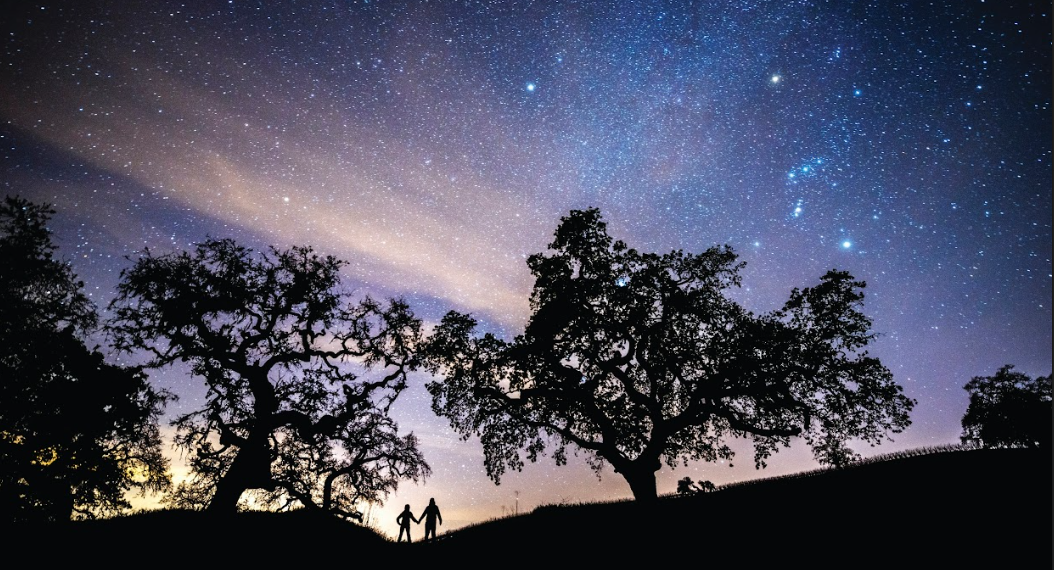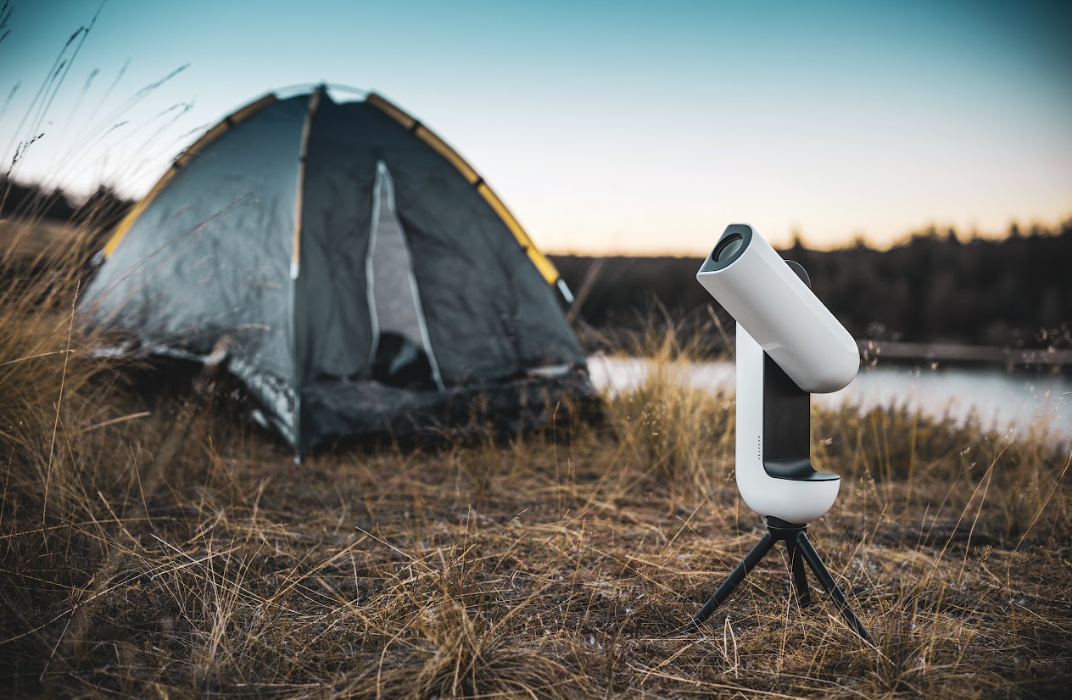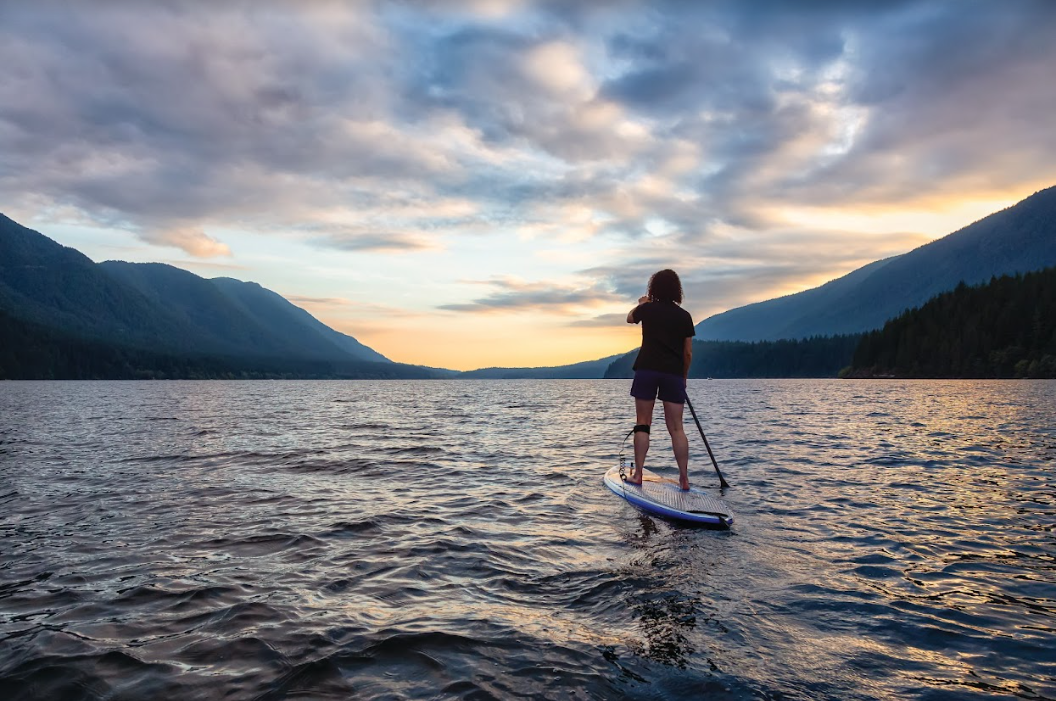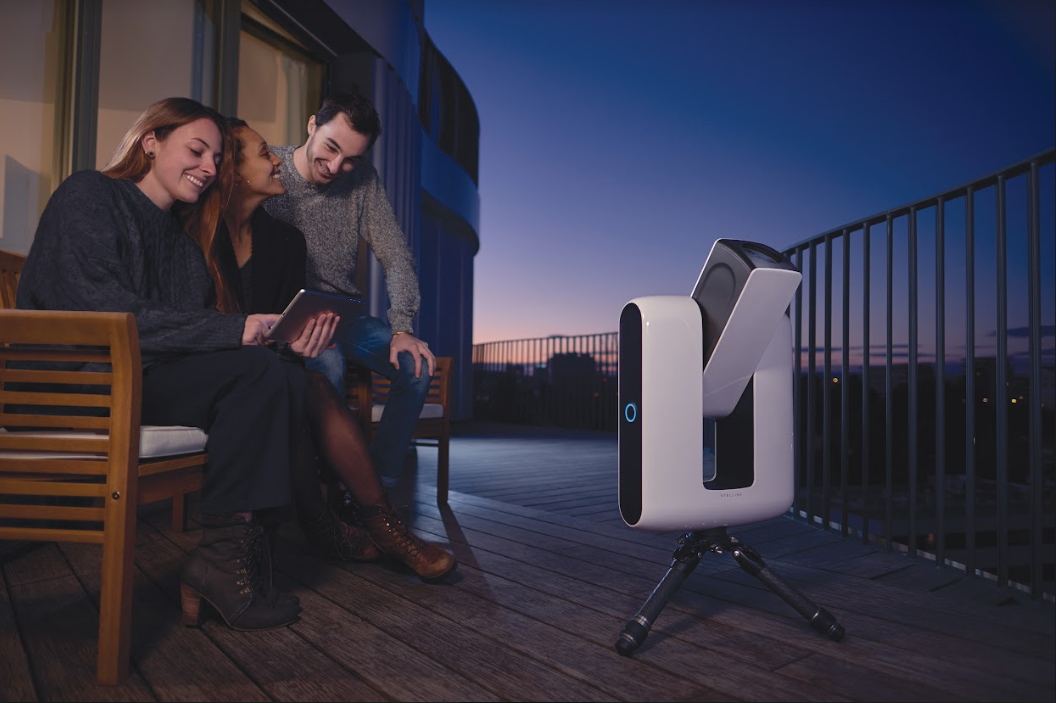By Marlene Ridgeway
Though the privately funded commercial space age has created significant waves, the night sky has captured human interest long before the advent of space tourism. New technologies are making the idea of space — once inaccessible and foreign — more attainable, and now the hospitality industry is striving to offer elements of “astrotourism” for guests. One example is the Montage Healdsburg in California.
“It is not surprising to see the interest in exploring the universe is taking hold,” says Jennifer Chiesa, the director of public relations at Montage Healdsburg. “While we can’t offer to take our guests to space directly, we can help encourage the interest in astronomy and hopefully bring faraway galaxies just a little bit closer to all of us here in Healdsburg.”
What is Astrotourism?
Astronomy has met the tourism industry to create the idea of astrotourism. According to Wendy Altschuler, a contributor at Forbes, astrotourism is “purposely traveling to nature-rich destinations that experience less light pollution,” which allows travelers to view the stars more easily. Visiting observatories and chasing dark-sky certified parks are all part of this growing industry.
For those interested in the mysteries of the night sky, there are elaborate and simple ways to experience these wonders.
From stargazing on paddleboards and global partnerships with private aviation, to at-home observation stations, there’s more than one way to glimpse the marvels of the night sky.
Astrotourism Adventures
There’s something about the night sky that evokes a sense of wonder. Psyched Paddleboarding, which is based on the Isle of Anglesey in Northern Wales, has been offering guided night tours for over seven years now. “Our customers love being guided by a magical moonlight and starry sky for an adventure after dark,” says the founder, Sian Sykes.
Named by The Guardian as one of the Top 12 best nighttime activities in the United Kingdom, paddleboarders have been fortunate enough to see up to 25 shooting stars while floating on the water. Paddleboarding and other types of boating at night are an excellent ways to disconnect from the modern world and reconnect with history and nature.
For other nighttime adventures, the Vista Series houseboats are the perfect way to explore the Voyageurs National Park in northern Minnesota. The park recently earned the coveted International Dark Sky Association’s dark-sky park certification, which makes stargazing and views of the Milky Way simple. Bordering Saudi Arabia, Qatar’s Desert is “a perfect spot for astronomy enthusiasts to observe the dark and starry skies,” says Berthold Trenkel, the chief operating officer of Qatar National Tourism Council about the exclusive astrotourism experiences that have been organized in partnership with Gulf Adventures. The options range from stargazing with an experienced astronomer, camel safaris by moonlight, and other excursions that involve deep exploration of the skies.
Starry Destinations
The Montage Healdsburg’s exclusive package, The Sky’s the Limit, was articulately designed as an opportunity for guests to engage with nature and experience the splendors of the starry sky. “We thought getting outside in the fresh air, exploring, and looking upwards at the vast universe seemed like a fun and educational activity that the whole family could enjoy together,” explains Chiesa. “The package brings together the best of the valley and beyond to include: private roundtrip flights, and airport transfers from anywhere in the United States with leading global private aviation company, Jet Edge.”
With ease, guests can book two nights in the resort’s luxury guesthouse, taking advantage of the mountain and vineyard views with minimal ambient light — all of which makes for prime stargazing and exploring the night sky with your own telescope, according to Chiesa. “There’s also a professional photography session with award-winning astrophotographer Rachid Dahnoun, whose specialty includes nighttime photography, and access to the Robert Ferguson Museum and observatory.”
More and more resorts and hotels around the world are offering elements of astrotourism as interest rises. The Leobo Private Reserve in South Africa offers the Waterberg Observatory, which is part of the main house, and astronomy tours with telescopes and space suits. Or enthusiasts can book a room at The Torridon, in the Northwestern Highlands of Scotland, for an incredible stargazing experience. The luxury boutique resort is considered one of the darkest places on earth and is unparalleled when it comes to stargazing.
Guests can enjoy excursions, presentations, and the chance to meet astronomer Stephen Mackintosh.
Astronomy At Home
Although the subject of interest is lightyears away, new technology has simplified astronomical adventures, even from the comfort and safety of your home. “With the current health crisis that has shaken the world, sales of astronomical instruments have never been stronger,” says Cyril Dupuy, founder of Vaonis. The company was created in France in 2016, and the hope was to revolutionize the world of amateur astronomy, by making it accessible to all.
“There’s a desire for a return to nature. Individuals have a longing to escape, in complete safety.” Stellina and Vespera are two observation stations that are small but powerful at-home devices for amateur astronomers.
Paired with an easy-to-use app, users do not need a deep knowledge of astronomy or experience with stargazing to partake. Stellina and Vespera will allow users to observe and explore on their devices, and within minutes they can unveil the hidden wonders of the night sky.






Leave a Reply